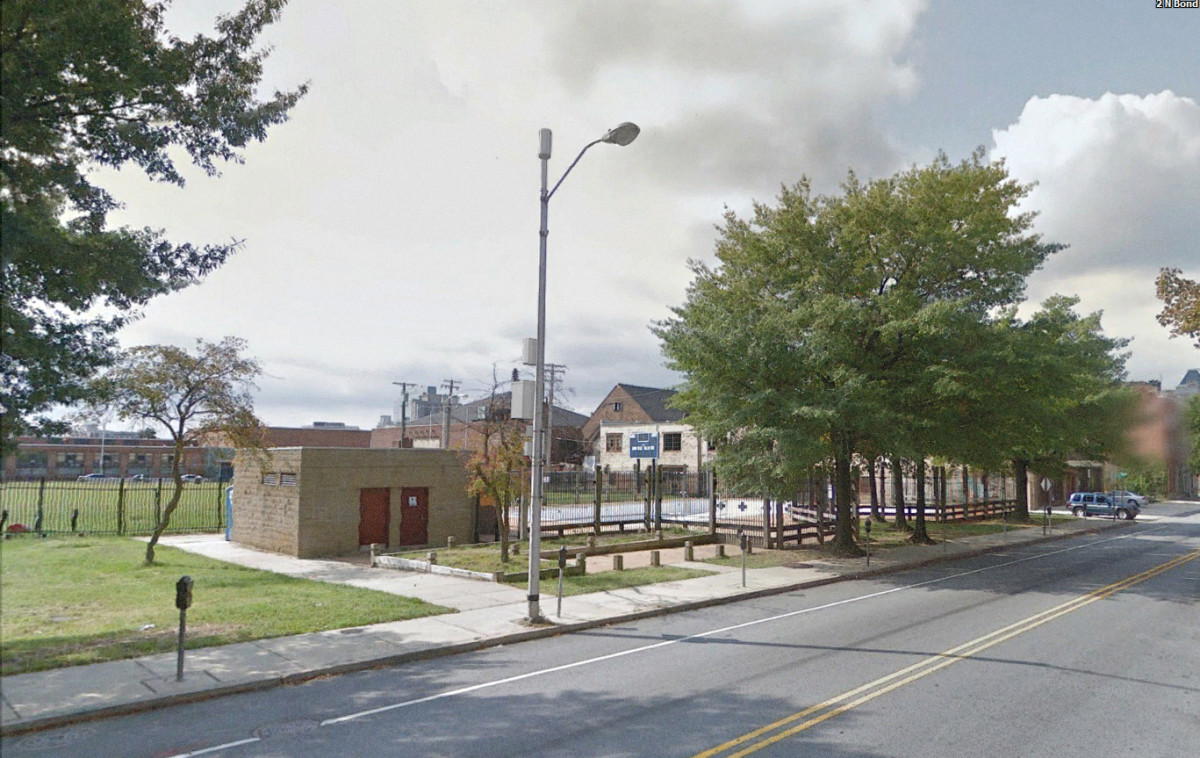The immediate impact of the COVID-19 pandemic and economic shock are the focus of plenty of societal problem-solving efforts right now. In the long-term, however, climate change remains a vexing challenge that’s not going away.
The environmental imperatives of reducing emissions and creating clean energy options offer an area where new technology can play a role in developing solutions that bring new processes and offer key monitoring.
That was on view at a June 23 virtual event from the Maryland Energy Innovation Accelerator (MEIA) that closed out the program’s first six-month cohort. A program of the College Park-based, economic development-minded Maryland Clean Energy Center, the accelerator has a focus on commercializing technology developed in Maryland-based universities and laboratories, said MEIA Executive Director Brian Toll. Similar to an approach we often see with medical technology and pharmaceuticals, it’s looking to put hard science developed by university faculty members on a path to growing with a company run by folks who are separate from researchers.
“Our goal is really to avoid stranded innovations,” MEIA Commercialization Manager Ben Margolis said on the event’s video broadcast. “These are great technologies that may not get to see the light of day because there are no founders identified or firms to necessarily license the technology at such an early stage. And I can’t stress enough how important this technology is because it’s climate change we’re talking about.”
Ultimately, the goal is to create companies that are attractive to funders, Toll said. The program matches researchers with the business minds, partners and program management pros to help propel the technology, including folks who are brought on as “energy executives in residence.” The commercialization activities are carried out by those with an interest in becoming founders or early employees.
There’s also support as they go. In MEIA’s first cohort, teams participated in monthly workshops in the NSF I-Corps program at the University of Maryland College Park, which helps with customer discovery and building a business model. Local legal, accounting and marketing firms also provided services at a reduced rate or pro bono.
During the first cohort, the connections played out as a startup gained support from a Fortune 100 company that has a big role in the Baltimore market: ACTIVEcharge, a Baltimore-based company making technology that allows for monitoring of the blades on wind turbines, received a strategic sponsorship of $25,000 plus mentorship from the wind energy team at Exelon, which runs BGE.
Invented by UMBC mechanical engineering professor Dr. Soobum Lee, the technology includes sensors that can detect the need for maintenance on the turbines. They are self-powered, so they also don’t have batteries that need changing, said CEO Pranay P. Kohli. The company then provides insights from data collected by the sensors that are designed to increase turbine efficiency. ACTIVEcharge previously got support from resources like bwtech@UMBC and TEDCO’s Maryland Innovation Initiative.
“Exelon’s open innovation model enables us to work creatively with companies of all sizes who are developing solutions that will lower the cost and increase the reliability of renewable energy resources,” said Eric Helin, senior manager of innovation at the corporation, in statement. “We look forward to assisting ACTIVEcharge with developing its go-to-market strategy as the technology matures.”
MEIA’s June 23 event also put the companies in front of investors and leaders, as three companies from the first cohort, including ACTIVEcharge, pitched a panel of judges. On that day, Alchemity was named the winner of a $1,000 prize from the Maryland Department of Commerce, and got the nod from the audience as “most investible startup.”
Building on the invention of University of Maryland Energy Research Center Director Dr. Eric Wachsman, the company is developing a reactor for gas to liquids processing, which is the process by which natural gas becomes fuel. With technology that combines three steps of the process into one, Alchemity strategy lead Mike Petersen said the reactors can capture flaring from plants, which could reduce carbon emissions during the process. They could also be placed close to natural gas fields, reducing the need for pipelines.
“You can think of it like a lot like a farm-to-table movement for food but applied in this case for feedstock of all the goods and services that we enjoy,” Petersen said.
The third cohort member, PulseIQ!, is bringing building energy monitoring technology with a specific focus on the master metered multi-family building sector, which refers to multiple housing units that are in a single building. The company has sensors designed to be placed in a mechanical room of the building as well as IoT thermostats that operate on a mesh network without the need for building Wi-Fi. The system then provides data for monitoring and insights.
“We connect, collect and conserve,” said company President Adam Landsman.
Going forward, MEIA is accepting applications from companies on a rolling basis, which is a switch from the initial cohort model. Follow this link for application info.







